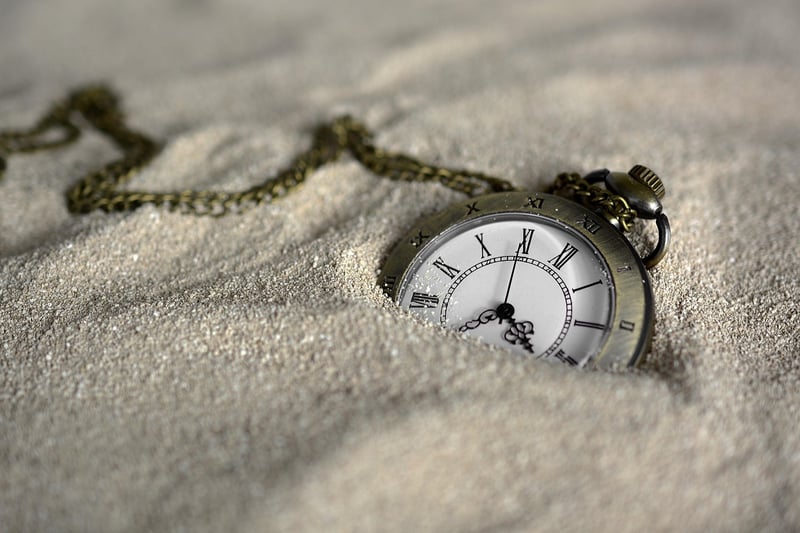Temporal Loops
The Consequences of Time Travel and Temporal Loops
Introduction to Time Travel
Time travel has been a popular concept in science fiction for decades, captivating audiences with the idea of journeying to the past or future. While time travel remains a theoretical possibility, it raises intriguing questions about causality, paradoxes, and the consequences of altering the timeline.
Consequences of Time Travel
Time travel, if ever achieved, could have profound consequences on the fabric of reality. Some potential outcomes include:
- Altering historical events leading to unintended consequences.
- Causality loops where events perpetually influence each other.
- Creation of alternate timelines or parallel universes.
- Temporal paradoxes that defy logical explanation.
Temporal Loops
Temporal loops, also known as causal loops or closed timelike curves, are recurring sequences of events where the outcome influences the initial cause, creating a loop in time. These loops challenge our understanding of causality and can lead to the following scenarios:
- The bootstrap paradox, where information or objects exist without origin.
- Predestination paradoxes where actions taken to prevent an event actually cause it.
- Grandfather paradoxes where an individual travels back in time and prevents their own existence.
Implications and Moral Dilemmas
Time travel and temporal loops raise significant ethical and philosophical questions, such as:
- Is it ethical to change the past to alter the future?
- Should individuals be held responsible for actions in altered timelines?
- What safeguards should be in place to prevent catastrophic changes to history?
Conclusion
While time travel and temporal loops remain theoretical concepts, exploring their consequences allows us to delve into the complexities of causality, free will, and the nature of reality. As we ponder the possibilities and pitfalls of manipulating time, we are reminded of the delicate balance between curiosity and responsibility in the face of the unknown.


